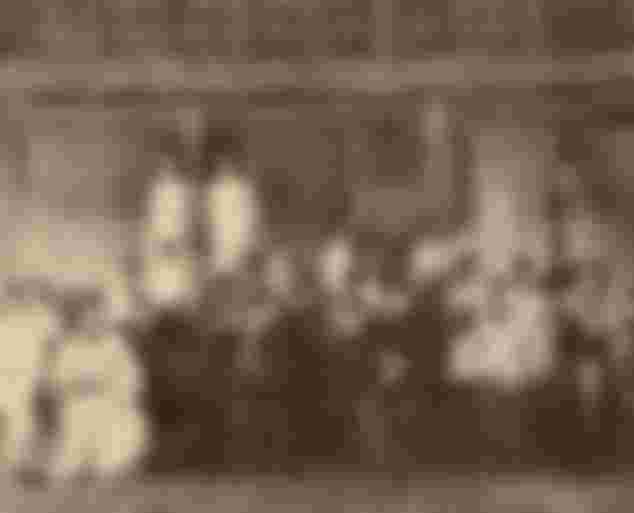I saw this article from Kahimyang.com, it is where I get most of my sources when it comes to our history. Last New Year's Day (January 1), the year was 1906, with the Philippine Commission Act No. 1123 of April 1904, English became the official language of the country, and it is used in court proceedings and no person was eligible for government service who didn't know the language. From my understanding, yes it is given that we're almost amid independence when Spain sold the country to the Americans, the country was colonized again and only a few can speak the language.
Looking back through our history, before English became the official language in 1906. There was the British when they occupied Manila & Cavite in 1762 during Spanish colonization. Then they introduced the language, and I would wonder if we were colonized by the British, there will be pubs in every corner of the street or avenue, industrial factories, and they will introduce to us the sport of Football so we can produce our own creative & talented players. Oh, bugger! That will be bloody outrageous, mate!

Kidding aside, now let's fast forward to the 1900s. Spain sold the country, the Americans are about to claim their new territory, but we Filipinos fought back. Following the capture of Emilio Aguinaldo, the rest of his current and former cabinet members were exiled. The Americans saw the perfect opportunity for their new territory, and that is through education. Before American colonization, public schools were established by the Spaniards under the Royal Decree of 1863, English was also taught in schools aside from other languages. Following the Commission Act, the language became a bridge for career opportunities.

As English became the official language, representatives of the country proposed the adoption of a national language. As far as we know, a total of 187 dialects are spoken around the Philippines, and the chosen language was Tagalog. Going back to English as a tool for career opportunities, from journalism, film, and government services like the armed forces, mostly enlisted nurses. No wonder why there are a lot of Filipino nurses who participated in World War II, and up to this day from nurses stationed in the U.S. to all over the world.
Throughout the years, English became the second language and mostly used in business meetings and other events. I remember back in school, I only want to learn English, not Filipino, and I didn't have a choice since I was a kid back then. The moment I transferred to a public school in Grade 3 in Manila, most of my classmates would speak in Tagalog. I was shocked at that time, then I went mad with my Mom. That was also the time I identified myself as a Filipino. As I grew older, I realized the importance of it even from our history. It paved me an opportunity to work for an outsourcing company, 2 companies to be exact (ePerformax & Teleperformance). As of today, a lot of investors choose our country as their destination to build their companies here, recruit & train their people to practice the language, and use their skills once they're on the production floor. It was a thrilling experience of 4 years until I decided to leave then go full time here.

Another thing I discovered, English is a money-making tool. Not just from conversing with other people over the phone and writing articles, you can be a voice-over talent, a public speaker, or teach English from kids to adults. Anyone can speak the language, doesn't matter if you're rich or poor, your status in life, it can be the basics, but it only takes practice & mastery. About the history of the outsourcing companies here in the Philippines, and why we provide world-class customer service I'll create an article about that very soon.
Sources:
Lead Image from https://www.omniglot.com/language/articles/learningenglish.htm
https://reneekarunungan.com/2019/08/15/a-history-of-the-philippines-official-languages/
https://academic.oup.com/joc/article-abstract/29/2/64/4371716?redirectedFrom=PDF


